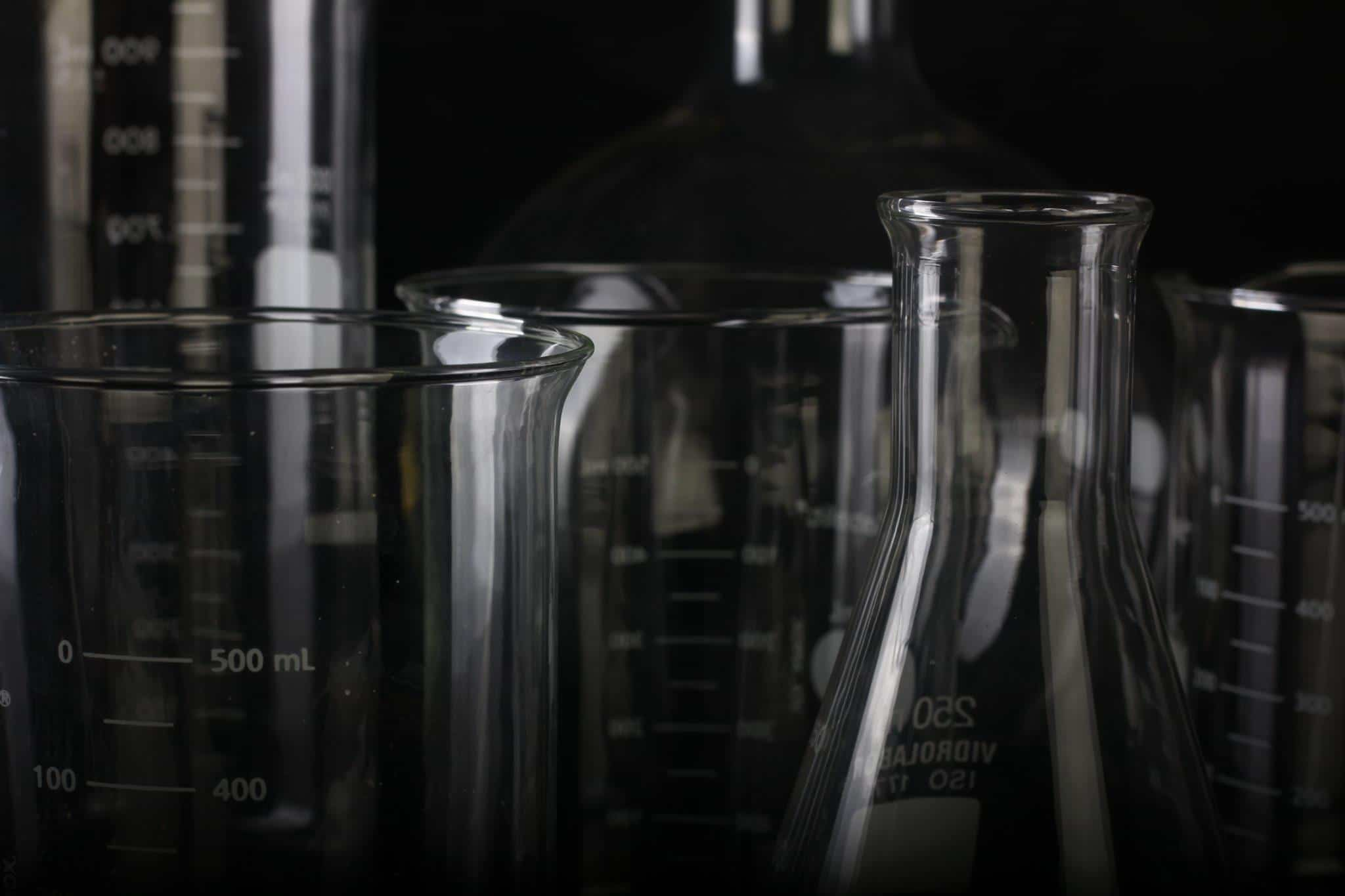There are many potential topics for a biology Extended Essay (EE) in the International Baccalaureate (IB) program.
Topic Ideas
Some possibilities include the following:
- The effects of pollution on a particular species or ecosystem.
- The genetic basis of a specific disease or trait.
- The comparative physiology of a specific mammal and bird.
- The effects of climate change on a particular species or ecosystem.
- The impact of human activity on the evolution of a species.
- The physiology of a specific plant species.
- The efficacy of a specific medicinal plant.
- The comparison of the anatomy and physiology of a specific animal species in captivity and in the wild.
- The impact of a specific invasive species on an ecosystem.
- The effect of different fertilizers on the growth and development of a specific plant species.
- The study of the symbiotic relationship between specific species.
- The effect of different light conditions on the growth and development of a specific plant species.
- The impact of different temperature conditions on the physiology of a specific microorganism.
- The study of the genetic diversity within a specific species.
- The study of the effects of different pH levels on the growth and development of a specific plant species.
- The impact of human activity on the population dynamics of a specific species.
- The study of the effects of different soil types on the growth and development of a specific plant species.
- The study of the impacts of different pesticides on the physiology of a specific species.
- The study of the effects of different water conditions on the growth and development of a specific plant species.
- The study of the impact of ocean acidification on the physiology of a specific marine species.
- Studying the Effects of Acid Rain on Local Flora.
- The Role of Gut Microbiota in Obesity.
- Influence of Insecticides on Honey Bee Population Decline.
- The Effects of Microplastics on Aquatic Food Chains.
- The Role of Genetics in Determining Human Lifespan.
- Influence of Habitat Loss on the Genetic Diversity of a Specific Species.
- The Effects of Light Pollution on Nocturnal Animals.
- A Comparative Study of Photosynthesis Rates in Different Plant Species.
- The Impact of Noise Pollution on Avian Communication.
- Analysis of Biological Controls for Invasive Species.
- The Effects of Diet on the Gut Microbiota.
- Understanding the Effect of Climate Change on Disease Vectors.
- Exploring the Role of Genetics in Athletic Performance.
- Effects of Pharmaceuticals on Aquatic Ecosystems.
- The Impact of Urbanization on Local Bird Species.
- Understanding the Relationship Between Sleep and Immune Function.
- Studying the Effects of Air Pollution on Lichen Species.
- The Role of Epigenetics in Aging.
- The Effect of Vegan and Vegetarian Diets on the Human Body.
- Investigating the Biological Mechanisms of Meditation and Mindfulness.
It’s important to note that these are just examples of topics for your IB EE in Biology. You should choose a topic that interests you and that you can find enough information on.

Need help with your Biology extended essay?
From research and analysis to structuring and editing, our skilled mentors will be by your side, helping you craft an exceptional extended essay that not only meets the stringent IB criteria but also reflects your passion for Biology studies.
Additionally, it’s essential to consult with your supervisor to make sure the topic meets the requirements of the Extended Essay and that you have access to the necessary resources to complete the research.
Students can use these themes in their essays by researching and analyzing the specific topic, providing evidence and examples to support their claims, and discussing the implications and potential solutions to the issue at hand.
For example, in an essay on the effects of pollution on a particular species or ecosystem, a student could research the specific pollutants that are affecting the species or ecosystem, analyze the effects those pollutants are having, and discuss potential solutions to mitigate the pollution and its effects.
These are experiments students can use for Biology EE topics:
- Looking at how pollution impacts a certain type of animal or plant: This would involve checking out pollution levels in a specific place, then watching to see how it affects your chosen species.
- Understanding how certain genes affect a disease or characteristic: This would mean doing genetic tests to identify the genes involved, and potentially using genetic engineering techniques to change those genes and see what happens.
- Comparing how a mammal and a bird work: You’d do experiments to see how your chosen mammal and bird are similar or different. You could look at things like brain structure, behaviour, and thinking abilities.
- Exploring how climate change impacts a certain animal, plant, or ecosystem: This could involve experiments to see how changes in temperature, rain patterns, or CO2 levels affect your chosen species or ecosystem.
- Studying how people’s actions affect how a species evolves: This might mean looking at how things like habitat destruction, hunting, or pollution impact a species’ genetic diversity and population.
- Looking at how a certain plant works: You’d do experiments to see how the plant responds to things like light, temperature, or water.
- Studying how well a medicinal plant works: You’d do experiments to see how good the plant is at killing or slowing the growth of microbes, or reducing pain or inflammation.
- Comparing a certain animal in captivity and in the wild: You’d look at how being in captivity affects the animal’s body and how it works, and how it behaves.
- Seeing how an invasive species affects an ecosystem: You’d study how your chosen invasive species impacts the growth, reproduction, and health of native species.
- Studying how different fertilizers affect a plant: This could involve testing different types of fertilizers to see how they affect the plant’s growth rate, leaf size, and health.
- Looking at how certain species interact: You’d do experiments to understand the relationship between the species. This could involve seeing what happens when you remove one species, or how different environments affect the relationship.
- Studying how light affects a plant: This might mean doing experiments to see how different light conditions affect the plant’s growth, leaf size, and health.
- Looking at how temperature affects a microorganism: You’d do experiments to see how different temperatures impact the microorganism’s growth rate, metabolism, and health.
- Studying genetic diversity in a species: This could involve using genetic markers to identify genetic variations in the species, and then seeing how these variations affect the organism.
- Looking at how pH levels affect a plant: You’d do experiments to see how different pH levels impact the plant’s growth, leaf size, and health.
- Studying how people’s actions affect a species’ population: This might mean looking at how things like habitat destruction, hunting, or pollution impact the species’ population size, growth rate, and health.
- Looking at how soil types affect a plant: This could involve doing experiments to see how different types of soil affect the plant’s growth, leaf size, and health.
- Studying how pesticides affect a species: This might mean doing experiments to see how different pesticides impact the species’ growth, reproduction, and health.
- Looking at how water conditions affect a plant: You’d do experiments to see how different water conditions (like availability, salt levels, or temperature) affect the plant’s growth, leaf size, and health.
- Studying how ocean acidification affects a marine species: This could involve doing experiments to see how increasing acidity levels impact the species’ growth, reproduction, and health.
Additionally, in an essay on the comparative psychiatry of a specific mammal and bird, a student could research and compare the brain structures, behaviors, and cognitive abilities of the two species and discuss any similarities and differences found.
A student can ask for help from a writing service if they need assistance with their essay. This can bring several benefits to the student, such as:
- Professional guidance. Writing services often have experienced writers and editors who can provide guidance on the essay topic and structure, as well as help with research and editing.
- Improved quality. A writing service can help improve the overall quality of the essay, including grammar, punctuation, and formatting.
- Better grades. With the help of a writing service, a student’s essay is likely to be of higher quality, which can lead to better grades.
- Time-saving. A writing service can help save time as the student can focus on other responsibilities while the writing service works on the essay.
- Customization. Writing services can also provide a customized service that can be tailored to the student’s specific needs and requirements.
- Originality. Professional writers will provide original work that is free from plagiarism, which is important in academic writing.
It is important to note, however, that a student should always ensure that the writing service they use is reputable and that they review and understand the work they receive before submitting it as their own.







